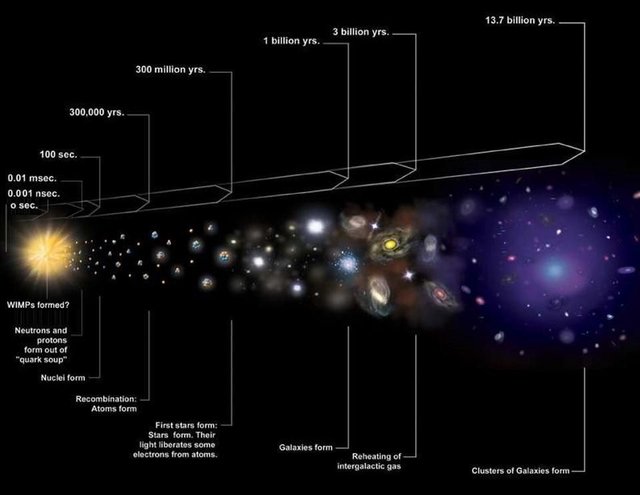Where are you??
Scientists Still Don't Know How Fast The Universe Is Expanding

Ever since Hubble first discovered the relationship between a galaxy's distance and its motion away from us, astrophysicists have raced to measure exactly how fast the Universe is expanding. As time moves forward, the fabric of space itself stretches and the distances between gravitationally unbound objects increases, which means everyone should see the Universe expanding at the same rate. What that rate is, however, is the subject of a great debate raging in cosmology today. If you measure that rate from the Big Bang's afterglow, you get one value for Hubble's constant: 67 km/s/Mpc. If you measure it from individual stars, galaxies, and supernovae, you get a different value: 74 km/s/Mpc. Who's right, and who's in error? It's one of the biggest controversies in science today.
If the Universe is expanding today, that means it must have been more compact, denser, and even hotter in the distant past. The fact that things are getting farther apart, on a cosmic scale, implies that they were closer together a long time ago. If gravitation works to clump and cluster large masses together, then the galaxy-and-void-rich Universe we see today must have been more uniform billions of years ago. And if you can measure the rate of expansion today, as well as what's in the Universe, you can learn:
whether the Big Bang occurred (it did),
how old our Universe is (13.8 billion years),
and whether it will recollapse or expand forever (it will expand forever).
You can learn it all, if you can accurately measure the value of the Hubble constant.